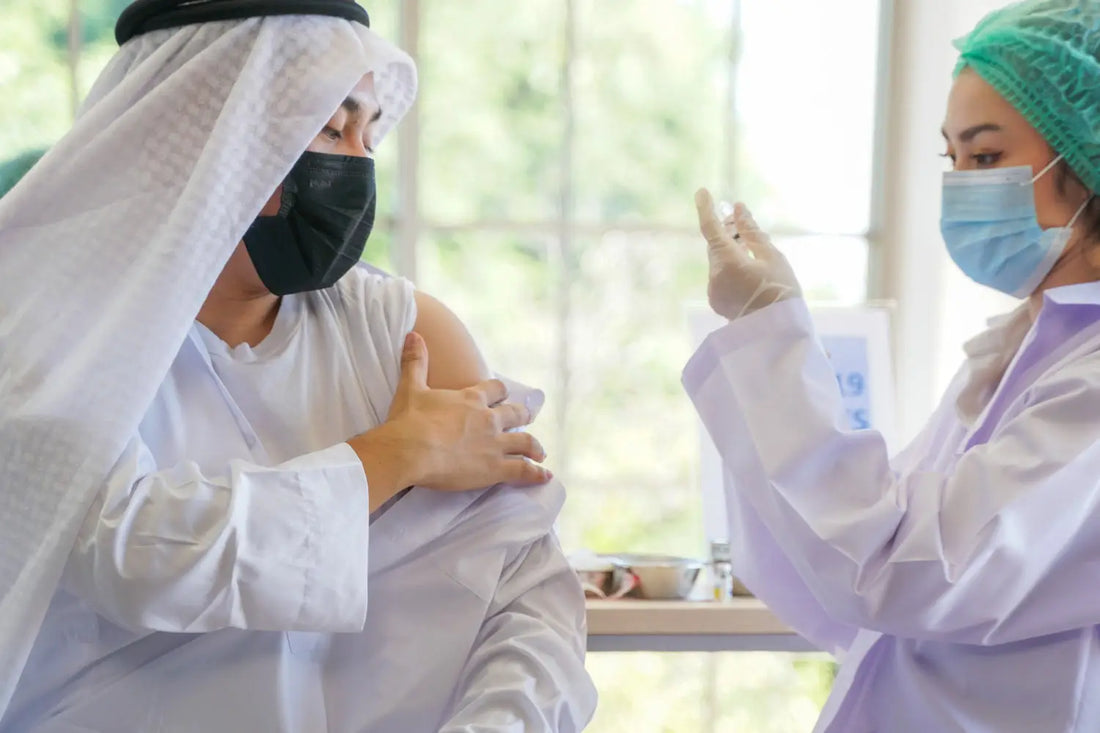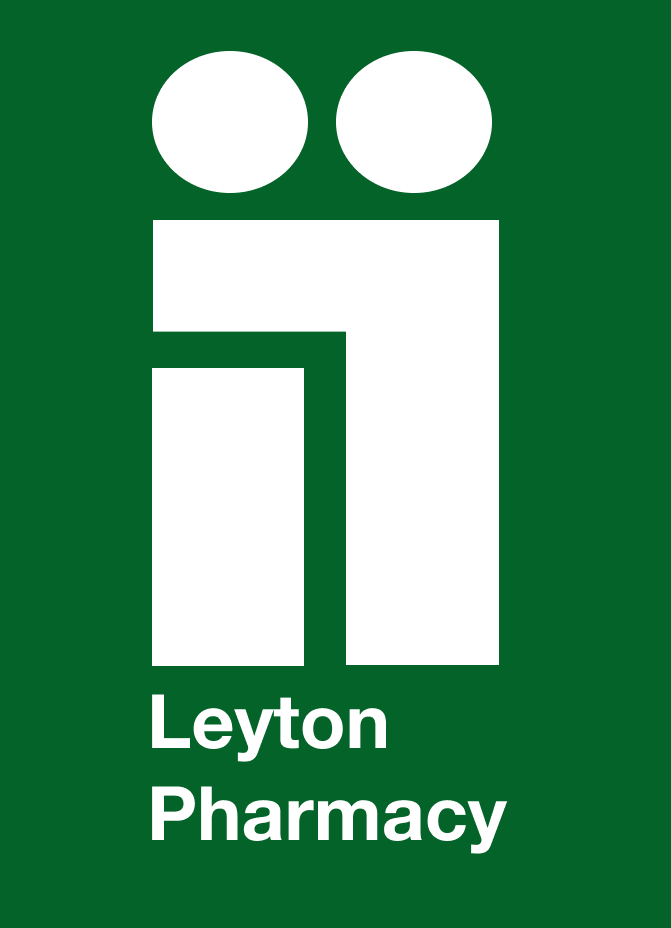
Hajj and Umrah Vaccinations: What You Need
Performing Hajj and Umrah is a significant spiritual journey for Muslims. Millions gather each year in Saudi Arabia for these pilgrimages, making it essential to take health precautions. One of the key steps to ensure a safe journey is getting the right vaccinations. Vaccinations protect you from diseases that can spread in crowded places, helping you stay healthy during your spiritual experience.
Crowded areas during Hajj and Umrah can become hot spots for infectious diseases. Vaccines prepare your body to fight off illnesses you could be exposed to while travelling. For example, the meningococcal vaccine is mandatory to protect against meningitis, a serious infection that can spread quickly in dense crowds.
Vaccinations also prevent the spread of diseases back to your home country. When thousands of people travel from all over the world, the risk of carrying diseases back increases. By getting vaccinated, you are not only protecting yourself but also your family and community upon your return. Understanding why these vaccinations are necessary helps ensure a healthy and fulfilling pilgrimage.
Why Vaccinations Are Important for Hajj and Umrah
Vaccinations are crucial for Hajj and Umrah because they protect pilgrims from various infectious diseases. The pilgrimage brings together people from all around the world. This creates a high risk of spreading illnesses, especially in crowded areas like Mecca and Medina. By getting vaccinated, you safeguard yourself and others around you.
The sheer number of pilgrims can make it easy for diseases to spread. Close contact during rituals, shared accommodation, and communal meals increase the risk of infections. Vaccinations act as a shield against diseases such as meningitis, influenza, and polio. Being vaccinated helps keep you healthy so you can focus on your spiritual journey.
Getting vaccinated is also a requirement by the Saudi Arabian government for those performing Hajj and Umrah. Authorities aim to prevent outbreaks and ensure the well-being of all pilgrims. This mandate helps control the spread of infectious diseases and makes the pilgrimage safer for everyone involved. Understanding the importance of these vaccinations helps you stay healthy and enjoy a fulfilling spiritual experience.
Mandatory Vaccinations for Hajj and Umrah
There are specific vaccinations required by the Saudi Arabian government for all Hajj and Umrah pilgrims. These mandatory vaccines ensure the safety of everyone in the crowded sites of the pilgrimage.
1. Meningococcal Vaccine: This vaccine protects against meningitis, a severe bacterial infection that affects the brain and spinal cord. The meningococcal vaccine is required for all pilgrims. You must show proof of vaccination before being granted an entry visa to Saudi Arabia.
2. Yellow Fever Vaccine: If you are travelling from a country where yellow fever is present, you must get the yellow fever vaccine. This vaccine protects against a viral disease transmitted by mosquitoes and is necessary to prevent the spread of the virus in Saudi Arabia.
3. Polio Vaccine: Some countries have high rates of polio. If you are coming from one of these countries or have travelled there recently, the polio vaccine is mandatory. It helps prevent the resurgence of this crippling disease.
These mandatory vaccinations are essential to maintain public health during Hajj and Umrah. Checking these requirements and getting vaccinated on time ensures you meet all the travel guidelines and can focus on your pilgrimage.
Recommended Vaccinations and Health Precautions
In addition to the mandatory vaccines, several other vaccinations are recommended to safeguard your health during Hajj and Umrah. These vaccinations are not required but can provide extra protection from common illnesses.
1. Influenza Vaccine: The flu virus spreads quickly in crowded places. Getting the influenza vaccine helps prevent catching the flu, which can make you very sick and affect your ability to perform pilgrimage rituals.
2. Hepatitis A and B Vaccines: Hepatitis A spreads through contaminated food and water, while Hepatitis B is spread through blood and other body fluids. Both vaccines are important as they protect you from liver infections that can be very serious.
3. Antimalarials: While not a vaccine, taking antimalarial tablets is important if you’re travelling through areas where malaria is common. Malaria is a mosquito-borne disease that can cause severe health problems.
Apart from vaccinations, practising good hygiene is essential. Wash your hands regularly with soap and water, especially before eating and after using the restroom. Using hand sanitiser when handwashing isn't possible is also a good habit to adopt. Keeping hydrated and avoiding uncooked or street food can also prevent common stomach-related illnesses.
Preparing for Your Journey: What to Expect
Preparing for Hajj and Umrah involves physical and mental preparation. Knowing what to expect and taking specific steps beforehand will help ensure a smooth and healthy pilgrimage.
1. Visit a Travel Clinic: Consulting a travel clinic or a healthcare provider is crucial. They can give you all the information about mandatory and recommended vaccinations. Also, they can advise on other health measures.
2. Medication and Prescriptions: If you take regular medication, make sure to bring enough for the entire trip. It might be difficult to get certain prescriptions abroad. Keeping your medication in its original packaging, along with a doctor’s note, can avoid issues at customs.
3. Health Precautions: Carry a first aid kit with essentials like band-aids, antiseptic wipes, and any specific medications you might need while travelling. If you are on weight management medications like Ozempic or Wegovy, ensure you have enough supply and consult your doctor for any travel advice related to these prescriptions.
4. Antimalarial Precautions: If travelling through areas where malaria is a concern, packing mosquito repellents and wearing long-sleeved clothing in the evening can reduce your risk.
Conclusion
Vaccinations are a vital part of preparing for your Hajj and Umrah journey. They protect you from diseases that can spread quickly in crowded conditions. Understanding both mandatory and recommended vaccinations helps you stay healthy and focused on your spiritual journey. Along with vaccinations, other health precautions such as practising good hygiene and consulting with a travel clinic add an extra layer of protection.
Leyton Pharmacy in Francis Road can help you get ready for your pilgrimage with all necessary vaccinations and travel health advice. Visit Leyton Pharmacy to ensure you are prepared for a safe and healthy Hajj or Umrah experience.
